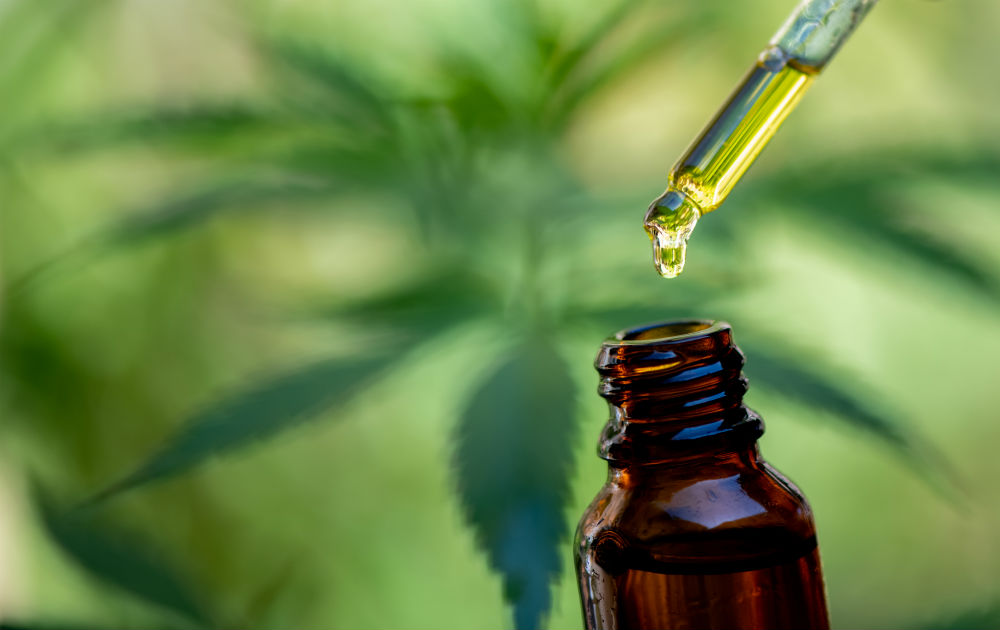On February 18, the US Department of Transportation Office of Drug and Alcohol Policy Compliance published a bulletin regarding the use of cannabidiol (CBD) by its employees. The memo was targeted towards safety-sensitive workers across several DOT agencies, including pilots, train engineers, truck drivers, bus drivers, and more.
While it did not explicitly state that these employees are barred from using CBD products, the warning made clear the risks involved in doing so. The three main points, which are quoted below direct from the document, were:
- The Department of Transportation requires testing for marijuana and not CBD.
- The labeling of many CBD products may be misleading because the products could contain higher levels of THC than what the product label states. The Food and Drug Administration (FDA) does not currently certify the levels of THC in CBD products, so there is no Federal oversight to ensure that the labels are accurate. The FDA has cautioned the public that: “Consumers should beware purchasing and using any [CBD] products.” The FDA has stated: “It is currently illegal to market CBD by adding it to a food or labeling it as a dietary supplement.” Also, the FDA has issued several warning letters to companies because their products contained more CBD than indicated on the product label.
- The Department of Transportation’s Drug and Alcohol Testing Regulation, Part 40, does not authorize the use of Schedule I drugs, including marijuana, for any reason. Furthermore, CBD use is not a legitimate medical explanation for a laboratory-confirmed marijuana positive result. Therefore, Medical Review Officers will verify a drug test confirmed at the appropriate cutoffs as positive, even if an employee claims they only used a CBD product.
Source: United States Department of Transportation
The DOT requires drug testing for all safety-sensitive workers, and while the test is not specifically for CBD, the memo makes it clear that detection of THC due to a mislabeled CBD product does not exempt an employee from retribution. Amongst the vast number of CBD producers and products on the market—all of which are unregulated—many have been shown to be inaccurate in their labeling and testing results. This presents a potential problem for any DOT employee looking to consume CBD, as it may cost them their job. Per the DOT:
“Since the use of CBD products could lead to a positive drug test result, Department of Transportation-regulated safety-sensitive employees should exercise caution when considering whether to use CBD products.”
CBD has been making headlines for some time now due to its many purported medicinal benefits, which range from pain relief, reductions in anxiety and depression, inflammation control, and alleviation of symptoms due to cancer. The cannabinoid has become so popular that experts predict the global market for CBD will reach $1.3 billion by 2024, a hefty increase from 2019’s $296.4 million. This has led to the creation of hundreds of CBD companies offering products ranging from CBD oil to crystalline isolate to edibles, balms, softgels—the list goes on and on. Since there is no current federal regulation of hemp-derived products, many suppliers have resorted to dishonest marketing tactics and labeling at the expense of their consumers.
CBD has been effectively legal since the passing of the 2018 Farm Bill, which legalized hemp production nationwide. However, the actual legality of CBD remains in a grey area in many parts of the country, making statements such as the one released by the DOT commonplace across many companies and industries. NASA, for example, issued a similar warning last year, emphasizing the risk involved with the consumption of CBD products by its employees.
These warnings were spurred in part by the Substance Abuse and Mental Health Services Administration, who issued a notice on July 24 of last year requesting that federal agencies update their employees regarding CBD and associated risks. While the SAMHSA official who wrote the notice confirmed that hemp-derived products are in fact legal under the new Farm Bill, they also stressed that this does not change any current federal policies on marijuana use. Many governmental bodies have gone a step further, banning CBD usage outright. The Department of Defense, Air Force, and Navy have all issued notices prohibiting the use of CBD for all service members. The disparity between hemp’s classification as a legal substance and the unwillingness of governmental agencies to allow its consumption further underscores the progress that is yet to made regarding hemp’s legal status in the US.








